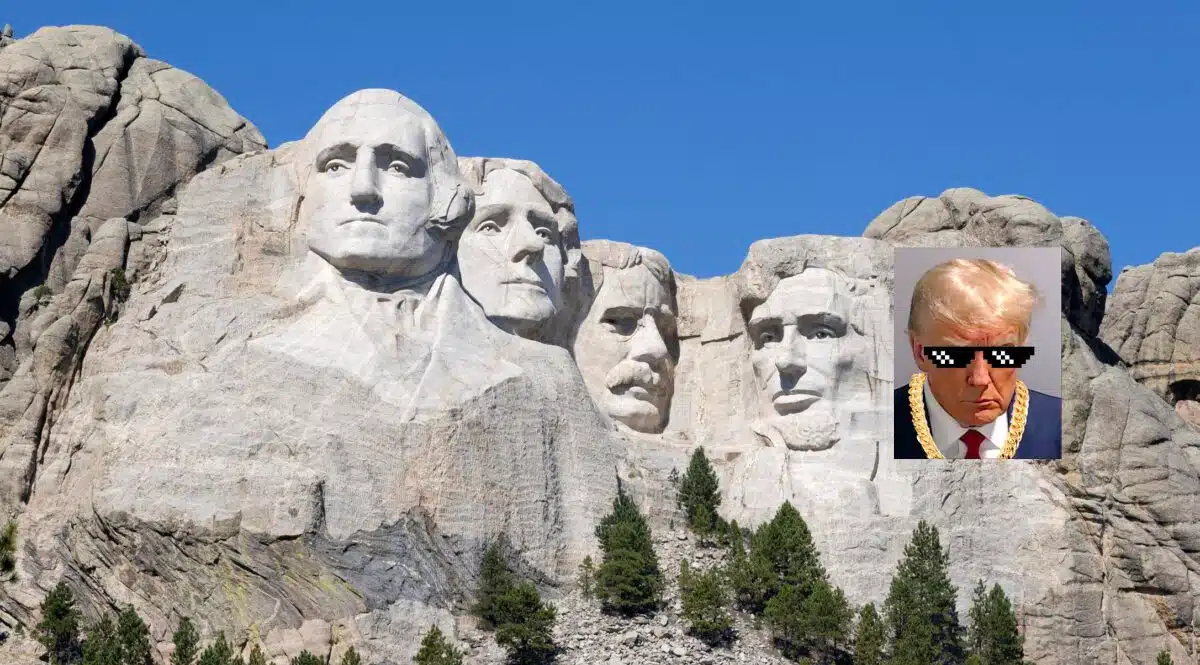President Donald Trump’s stance of imposing tariffs on imports has been an important part of his economic strategy. The imposition of tariffs aims to bolster American industry, protect jobs, and address trade imbalances. While the policy has sparked a lot of debate, there are benefits for the United States. Tariffs can serve as a protective barrier for U.S. industries facing stiff competition from countries with lower production costs. By making imported goods more expensive, tariffs encourage consumers and businesses to purchase domestically produced goods. This shift can lead to increased demand for American-made products, prompting companies to expand operations and hire more workers. Reducing reliance on imports, especially for critical goods like steel, aluminum, and pharmaceuticals, is a matter of national security. By encouraging domestic production of these essential items, the U.S. can ensure a more stable supply chain, particularly during global disruptions. The U.S. has long faced significant trade deficits with countries like China. Tariffs are a tool to address these imbalances by making imported goods more expensive, thereby reducing imports and increasing domestic consumption. President Trump’s “Liberation Day” tariffs, announced on April 2, 2025, as a response to a “national emergency,” asserted tariffs would boost domestic production and create American jobs. Tariffs also serve as a source of revenue for the federal government. The funds collected by the federal government can be used to reduce taxes or invest in infrastructure and other public services. By imposing tariffs, the U.S. is sending a clear message to trading partners about the importance of fair-trade practices. The administration’s stance is that if other countries reduce their own tariffs and trade barriers, the U.S. will reciprocate. The goal of this approach is to encourage more equitable trade relationships and reduce instances of currency manipulation and unfair subsidies. While tariffs can lead to higher prices for consumers in the short term, tariffs are a necessary tool to protect American industries, ensure national security, address trade imbalances, generate government revenue, and promote fair trade practices. By strategically implementing tariffs, the U.S. aims to strengthen its economic position and safeguard its long-term interests. It is time to level the playing field with other countries when it comes to trade and tariffs are an excellent way to achieve trade equity. Only Trump and his team have had the guts to do it.
Trump’s Tariffs Are Working — Here Are All The Countries Already Backing Down
Donald Trump, free trade champion
President Donald J. Trump Is About to ‘Roll’ the Communist Chinese
The Truth About Trump’s Tariff Revisions. It’s All About ‘The Art of the Deal’
Siberhusk
